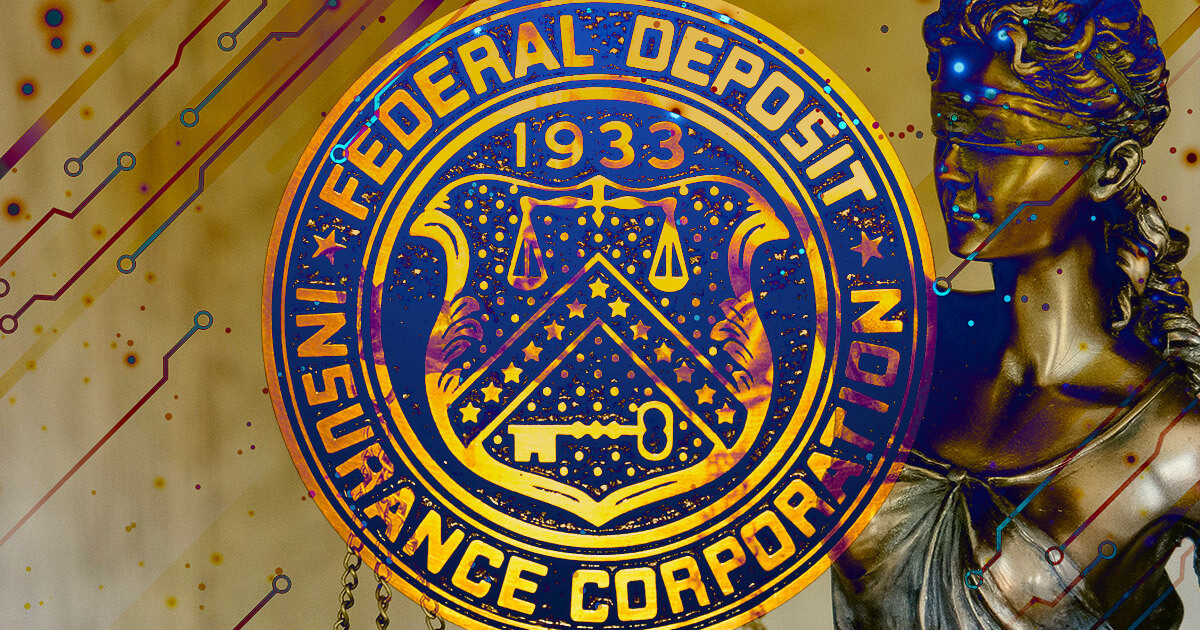
A new assessment by the Office of Inspector General of the Federal Deposit Insurance Corporation (FDIC) has identified substantial gaps and deficiencies in its ability to provide clarity to member banks on policies and procedures related to crypto activities.
The review of risk assessment strategies stemmed from the enormous volatility of the crypto asset sector since 2020, which reached a market capitalization of $3 trillion in November 2021, before falling to $1.2 trillion in April 2023. Such fluctuations underline several potential risks related to liquidity and market prices. and consumer protections that the FDIC should be aware of.
However, the FDIC’s efforts to address these potential risks have proven inadequate. The Inspector General found that the FDIC had failed to assess the significance and potential impact of the risks posed by crypto assets, leaving a significant gap in its approach to dealing with this rapidly evolving sector. In fact, the Inspector General found that the FDIC had failed to address its own actual capacity to manage such risks, writing:
“Specifically, the FDIC has not yet completed a risk assessment to determine whether the Agency can adequately address crypto asset-related risks through actions such as issuing guidance to supervised institutions.”
Further complicating the issue, the FDIC has not defined a simple process for providing supervisory feedback for the crypto-related activities of its member banks. The report shows that the FDIC failed to adequately communicate with member banks between March 2022 and May 2023 when it asked several member institutions to cease crypto activities without adequate justification or follow-up.
In light of these findings, the FDIC Inspector General has made two recommendations. The first would be for the FDIC to establish a plan with specified time frames for assessing the risks associated with crypto-related activities. Second, it wrote that the FDIC should update and clarify the supervisory feedback process regarding its assessment of the crypto-related activities of supervised institutions.
The FDIC has agreed to these recommendations and has set a deadline of January 30, 2024 to complete the corrective actions.
The Office of the Inspector General’s findings not only highlight the urgent need for legislative action on crypto asset regulation, but also raise questions about the potential implications for the crypto and financial industries if these risks are not addressed are addressed. While there has been much wrangling over the issue in Congress in 2023, most bills introduced thus far have failed to gain sufficient bipartisan support.
The post in which the FDIC inspector general finds glaring gaps in its crypto oversight efforts first appeared on CryptoSlate.

